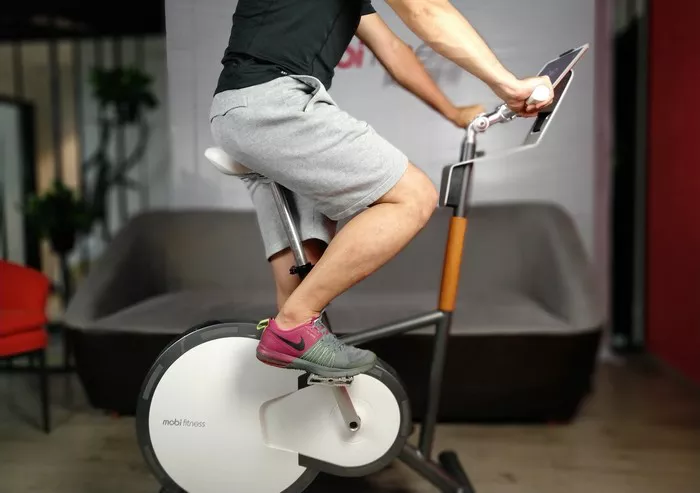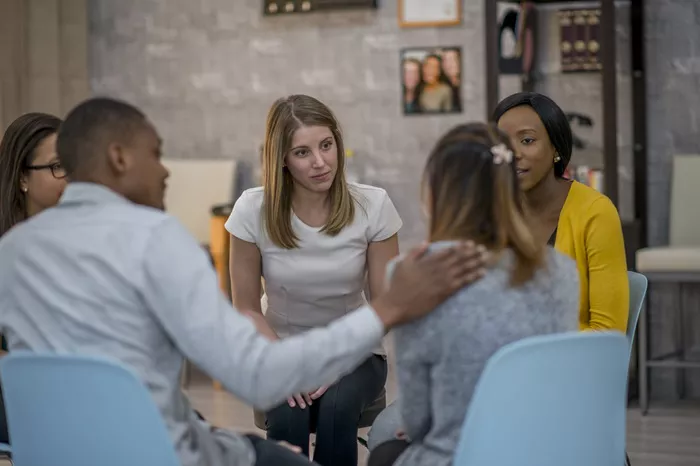For families in New Jersey, accessing mental health services for children and teens can be a frustrating and complex process. Despite a variety of resources, from schools to hospitals, to community organizations, many parents find it difficult to connect with the right services at the right time.
Shilpa Kulkarni, a Livingston mother whose 14-year-old son Shiv died by suicide in 2021, is one such example. She recalls her struggles in navigating the mental health system. Shiv, who battled major depressive disorder and identity issues as a gay youth, had the support of his family. However, Kulkarni found that mental health services such as psychiatrists, hospitals, and state agencies had long wait times and lacked clear communication.
“I wish I had known more about the whole system. When I went into the hospital, I wish there had been a parent, someone who had been through a similar experience, that I could talk to,” Kulkarni said in an interview with NJ Spotlight News.
Breaking Down Systemic Barriers
At the Rutgers Youth Mental Health Equity Summit in New Brunswick earlier this month, Kulkarni shared her story along with two other caregivers. The summit focused on improving the coordination of youth mental health services in New Jersey by “breaking down silos” that prevent collaboration between various groups, such as schools, advocacy organizations, and community nonprofits.
Joshua Langberg, the director of the Rutgers Center for Youth Social Emotional Wellness, emphasized that youth mental health care needs to be more interconnected. “The only way to solve the mental health crisis is by providing children, youth, and families with comprehensive care. That means connecting them with wellness programs, after-school programs, and therapists,” Langberg said.
The summit also offered an opportunity for attendees to apply for grants aimed at building these crucial connections between community organizations.
State Data Shows the Scope of the Crisis
The issue of youth suicide in New Jersey is pressing. In 2024, 54 people aged 15 to 24 died by suicide, a decrease from the 79 suicides the previous year. However, suicides among younger children remain a concern. In 2023, five children aged 10 to 14 died by suicide. Last year, that number rose to 11.
The statistics are even more troubling within specific demographics. Black youth aged 10 to 24 have experienced the fastest increase in suicide rates, and LGBTQ+ youth are also at higher risk, according to a report from The Jed Foundation.
New Challenges for a New Generation
Dr. Linda Oshin, an assistant professor at Rutgers University, discussed how modern-day challenges such as social media, violence, and climate anxiety affect today’s youth. She noted that while young people are increasingly open about mental health, many parents feel unprepared to address these complex issues.
“As a researcher, I focus on supporting the parents and clinicians who are working with youth, particularly those from marginalized communities,” said Oshin, whose work includes suicide prevention efforts aimed at youth of color.
Social Isolation and Mental Health
Langberg also pointed out that one of the biggest struggles facing youth today is a lack of interpersonal connection. The COVID-19 pandemic greatly exacerbated this issue, making it harder for many teens to learn how to form meaningful relationships.
“Isolation is the main precursor to depression,” Langberg noted. At Rutgers University, where he also serves as the chief wellness officer, social anxiety is the most common issue students face during mental health evaluations.
State Efforts to Address the Crisis
Governor Phil Murphy’s proposed budget for the upcoming fiscal year includes $43 million for the New Jersey Statewide Student Support Services (NJ4S) network, which aims to provide mental health services at 15 hubs across the state. This initiative was launched in response to rising rates of depression and anxiety among New Jersey’s youth, which were worsened by the pandemic.
Still, Kulkarni believes more needs to be done. After Shiv’s death, she and her family started Shiv’s Third Eye, a nonprofit organization that educates parents and supports families dealing with youth mental health challenges.
“Most importantly, I wish I knew that no child or family is untouchable,” Kulkarni said at the summit. “It doesn’t matter where you come from, whether you’re from India or elsewhere, mental health issues can affect any child.”
The conversation continues about how to improve access to and coordination of mental health services in New Jersey. For many families, understanding the system is the first step toward getting the help their children need.
Related Topics
































